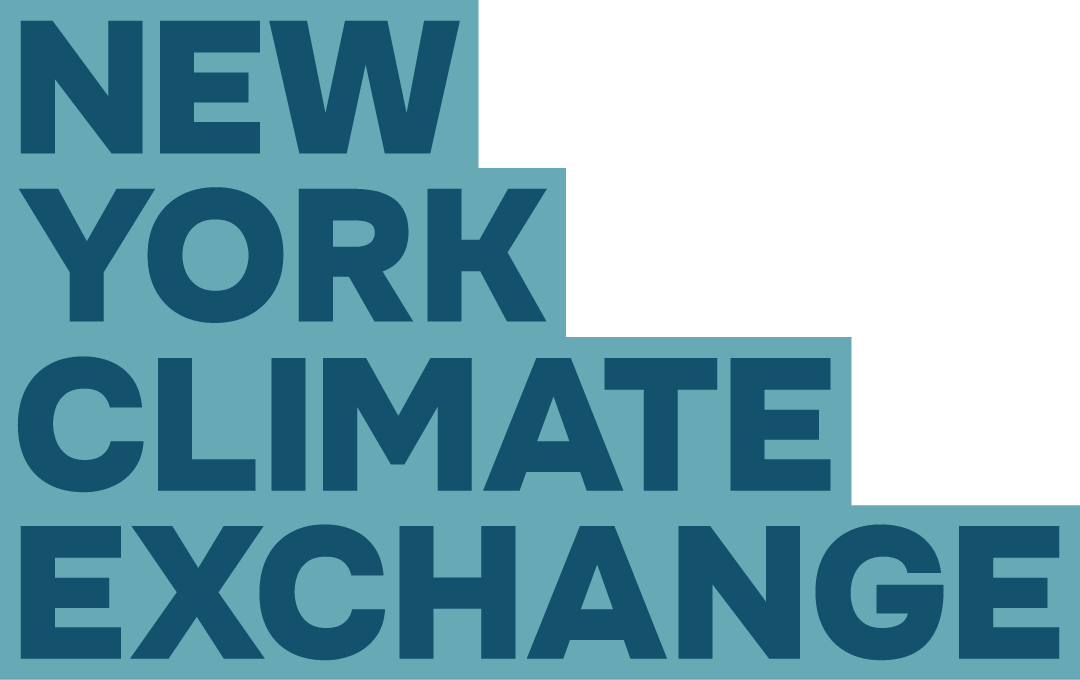Activating Community Data in Cities: Reflections from our Climate Data Workshop
As a Category 5 hurricane makes landfall over Jamaica, communities, businesses, and planners face growing challenges in accessing and applying data to strengthen local resilience. Climate impacts like poor air quality or flooding can impact one neighborhood – or even one street – very differently than the next, making localized data essential. For residents and local businesses, these threats can range from daily nuisance to longer-term health risks.
On September 11, 2025, The New York Climate Exchange and CIV:LAB convened a diverse group of practitioners working at the intersection of environmental sensors and community engagement. With projects spanning New York City, and states like Georgia, Michigan and California, these experts are activating communities around climate risks like poor air quality and flooding, bringing together research, community leaders, and local government to track and respond using data from low-cost sensors. Over the course of four hours, participants explored key successes, common challenges, and shared aspirations for advancing community-driven climate data initiatives.
The day featured two workshops, kicked off with lightning talks from South Bronx Unite, FloodNet, JustAir, Georgia Institute of Technology’s CEAR, and SmartAirLA. Each team shared insights from their work with community-driven air quality and flood sensor projects that served as a catalyst for discussion between workshop attendees
As a group, we explored the full sensor data cycle – from data collection to action:
How and where sensors are installed
What data is (and isn’t) captured
How data is displayed and communicated
How to make data actionable
The discussion quickly took on a life of its own, and it was clear that this was a rare space for a community of like-minded practitioners to dive into the nuts and bolts of what works and what still hinders community data projects. Here are some takeaways that we’re still thinking about:
People are at the heart of data
Community data gathering begins and ends with the people it serves. While deeply dependent on sensors, community engagement is a more important starting point than technology itself. It’s essential that any group or organization seeking to undertake a community-centered data monitoring project:
Establish strong community partnerships: Gaining community trust – for example, through faith-based, health-based, and community-based organizations – and being invited to collaboratively execute a project is essential. This is essential from a justice and equity perspective and can also ensure successful data collection and action. Community knowledge has proven invaluable for accurate sensor placement and action around data findings.
Be very clear about the question, or problem they are addressing from the outset: This determines both the data that needs to be collected, as well as the short to long-term strategy for how it can be communicated and operationalized.
Understand the data’s audience: Data on environmental conditions or weather events such as poor air quality or flood risks requires trusted messengers to communicate localized and actionable insights to the public. Moreover, communication must be multilingual, culturally relevant, and clear to be understood by all members of a community.
Build a community stewardship framework: Different stakeholders must understand the limits of responsibility and agency they possess with regards to sharing and utilizing community data – for example, using data to alert citizens raises different questions than if used for longer-term city policy or planning. Communities should have the agency over how personal or local data is shared so they can avoid data misuse or anticipate, and potentially mitigate, unintended consequences (e.g., impacts on property values).
Learning from missteps
As demand for these distributed, hyper-local data systems grows – especially with federal environmental monitoring systems at risk – it’s important to normalize sharing what hasn’t worked to avoid repeating mistakes.
Low standards and blind spots in sensor technology: Not all sensors are created equally, or with the same data measurement standards. Some sensors are unable to measure ultra-fine particles that are critical for accurate air quality monitoring and, as a result, policymaking. Planning for the right use cases is critical to making sure the data that a sensor generates is useful.
Survival priorities can overshadow climate concerns: At the end of the day, environmental risks that don’t pose an immediate threat to daily life go under the radar. This is especially true in frontline communities where things like food access, housing, and health take precedence. Engaging people with limited technology access: Not all community members can access the digital dashboards that data is typically displayed on. Meeting people where they are, from a technological standpoint, is a critical first step to ensuring that data collected is translated into action.
Demonstrate ROI beyond research: While interest in collecting hyperlocal data grows, scaling and sustaining sensor projects always comes back to funding. While many sensor projects start with research funding, other funders – from the private, public, or philanthropic sectors – are looking for a different ROI. To secure their support, sensor projects must clearly show how data advances these partners’ core priorities.
Where we go from here
This discussion scratched the surface of what’s possible when we put data in the hands of communities. From demonstrating a clear ROI to collaborators and funders, to understanding data requirements for emergency/disaster response versus long-term planning – we can respond to the crises of our time by working together. We’re putting our heads together as a community to turn learnings from this session into support that enables community data to be collaboratively gathered and scaled across disciplines.
As an immediate next step, we’ll convene a follow-up workshop at the Urban Tech Summit, delving into the ROI of these projects, including how communities are using hyperlocal climate sensors to inform emergency response, advocacy, long-term city planning, and more.
Want to get involved? Email Andel Koester, Director of Community Initiatives at The Exchange, or Vijayta Narang, Program Director at CIV:LAB.
